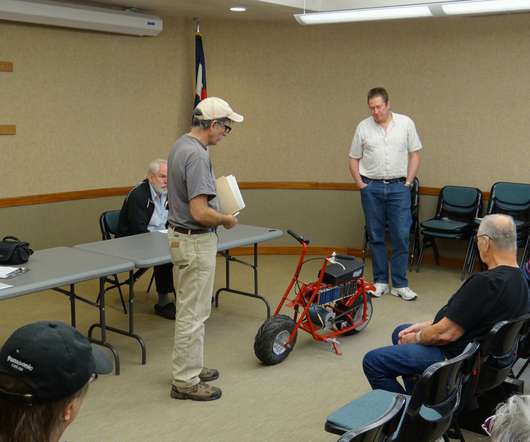Industry study finds lead-acid to remain most wide-spread automotive energy storage for foreseeable future; new chemistries continue to grow
Green Car Congress
MAY 28, 2014
Advanced lead-based batteries (AGM and EFB technologies) are installed to meet extra requirements in start-stop and basic- micro-hybrid vehicles, due to their increased charge recoverability and higher deep-cycle resistance. In these applications, they are currently the only technology available for the mass-market.










Let's personalize your content